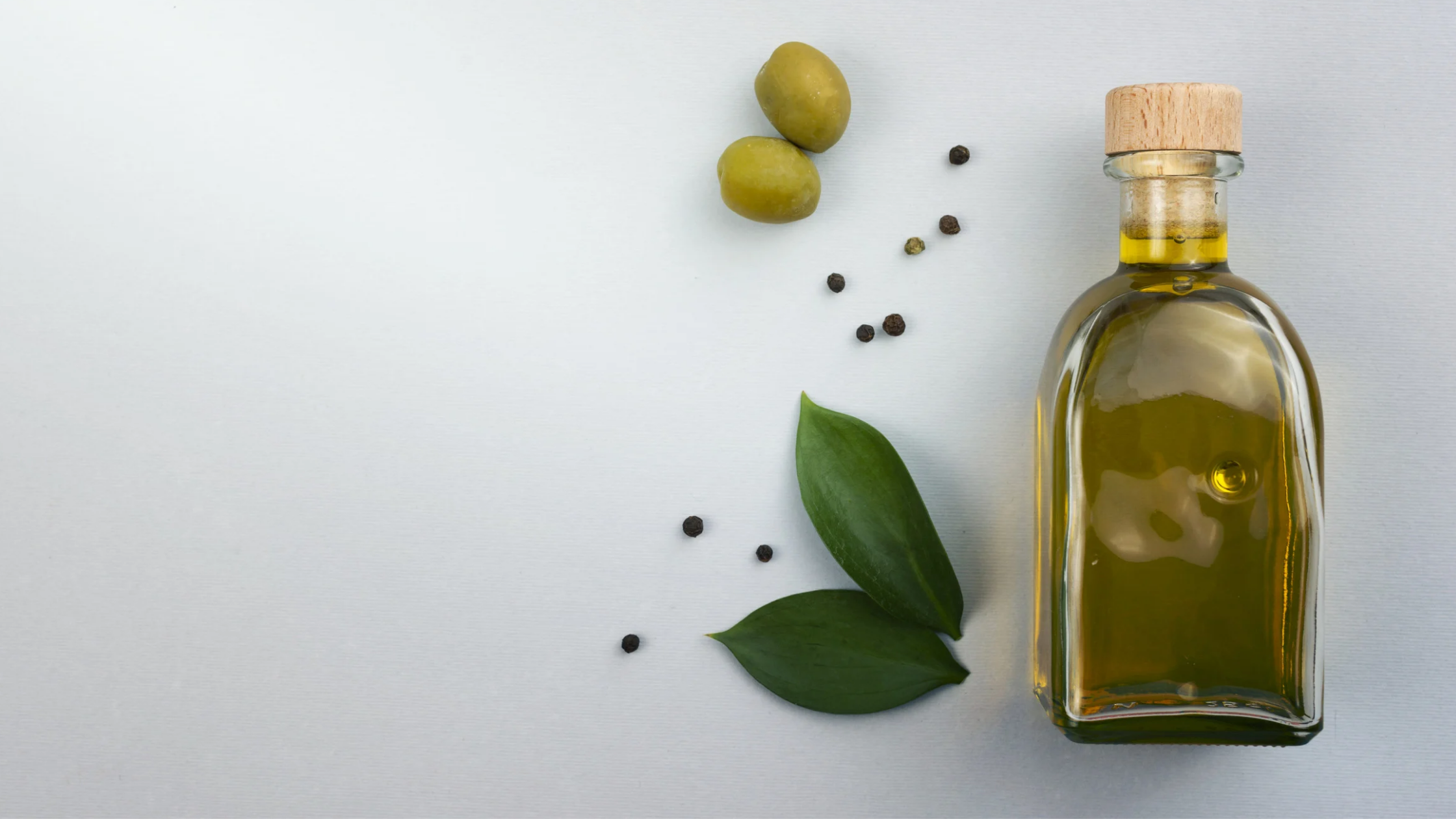Introduction
Hair is often considered a crown of beauty and confidence. In many cultures, hair oiling is not just a beauty routine but also a ritual passed down through generations. While modern shampoos, conditioners, and serums dominate the market, none can truly replace the nourishing effect of natural hair oil. Hair oil penetrates the scalp, strengthens the roots, and improves hair texture in ways synthetic products cannot.
Today, hair oils are available in many forms — pure natural oils, blended herbal oils, and even essential oil–infused formulas. The secret lies in knowing how to use them effectively and choosing the right ingredients for your hair type.
Table of Contents
1. Introduction
2. Why Hair Oiling is Important
3. How to Use Hair Oil Correctly
4. Major Uses of Hair Oil
5. Benefits of Regular Hair Oiling
6. 20 Natural Ingredients in Hair Oil and Their Benefits
7. Frequently Asked Questions (FAQs)
8. Conclusion
Why Hair Oiling is Important
Keeps scalp moisturized and prevents dryness
Strengthens hair follicles
Improves blood circulation in the scalp
Prevents hair thinning and split ends
Reduces stress through massaging
Promotes natural shine and smoothness
How to Use Hair Oil Correctly
Applying hair oil is not about just pouring oil on your scalp; technique matters a lot.
1. Choose the right oil based on your hair type and concern (e.g., coconut for nourishment, castor for growth, almond for shine).
2. Warm the oil slightly before application for deeper penetration.
3. Section your hair into parts for even distribution.
4. Massage gently with fingertips in circular motions for 5–10 minutes.
5. Leave the oil on for at least 1–2 hours; overnight application gives better results.
6. Wash with a mild shampoo followed by conditioner.
7. Repeat 1–2 times a week for best results.
Major Uses of Hair Oil
Prevents hair fall and breakage
Controls dandruff and scalp flakiness
Adds shine and smooth texture
Improves manageability and reduces frizz
Protects hair from pollution and sun damage
Promotes hair growth naturally
Benefits of Regular Hair Oiling
1. Stronger Hair Roots – Nourishes scalp and strengthens follicles.
2. Improved Blood Circulation – Massaging boosts nutrient delivery.
3. Stress Relief – Reduces tension and headaches.
4. Moisturization – Prevents dryness and itchiness.
5. Better Hair Growth – Encourages new, healthier strands.
6. Youthful Shine – Natural glow without synthetic serums.
7. Damage Repair – Reverses damage from styling and chemicals.
20 Natural Ingredients in Hair Oil and Their Benefits
1. Coconut Oil – Deeply nourishes, prevents protein loss, and strengthens roots.
2. Almond Oil – Rich in vitamin E, adds shine, and reduces split ends.
3. Castor Oil – Promotes hair growth, thickens strands, and prevents hair fall.
4. Olive Oil – Moisturizes dry scalp, prevents dandruff, and adds softness.
5. Jojoba Oil – Balances scalp’s natural sebum and prevents dryness.
6. Argan Oil – Repairs damage, controls frizz, and protects from UV rays.
7. Amla Oil (Indian Gooseberry) – Boosts hair growth, prevents premature greying.
8. Bhringraj Oil – Known as the “king of herbs” for hair, it treats hair fall and promotes growth.
9. Neem Oil – Treats dandruff, itchy scalp, and has antibacterial properties.
10. Tea Tree Oil – Fights fungal infections, dandruff, and scalp irritation.
11. Rosemary Oil – Stimulates circulation, encourages faster hair growth.
12. Fenugreek Oil – Prevents hair thinning and adds volume.
13. Brahmi Oil – Strengthens hair roots and reduces stress.
14. Hibiscus Oil – Repairs damaged hair and promotes thicker growth.
15. Sesame Oil – Deeply penetrates scalp, prevents greying, and nourishes.
16. Mustard Oil – Improves circulation, strengthens follicles, and prevents infections.
17. Onion Seed Oil – Rich in sulfur, reduces hair fall and supports regrowth.
18. Avocado Oil – Loaded with fatty acids, hydrates and restores shine.
19. Sunflower Oil – Lightweight oil that prevents dryness and breakage.
20. Peppermint Oil – Refreshes scalp, boosts circulation, and supports new hair growth.
Frequently Asked Questions (FAQs)
Q1. How often should I oil my hair?
Most people benefit from oiling 1–2 times a week. Excess oiling can lead to build-up.
Q2. Can I leave hair oil overnight?
Yes, leaving hair oil overnight allows deeper nourishment. Just be sure to wash it off the next morning.
Q3. Which is the best oil for hair growth?
Castor oil, rosemary oil, and amla oil are among the best for promoting natural hair growth.
Q4. Is it okay to mix different oils together?
Yes, mixing oils (like coconut + castor + almond) can enhance benefits, but balance the ratio.
Q5. Does oiling cause dandruff?
No, in fact, the right oils (like neem or tea tree) help fight dandruff. However, not washing off excess oil can sometimes worsen flakiness.
Conclusion
Hair oiling is not just a beauty step but a wellness ritual that improves scalp health, strengthens roots, and enhances hair growth naturally. With so many natural oils available — from coconut to rosemary — you can easily customize your hair oil routine based on your needs. By choosing oils enriched with natural ingredients, you give your hair the nourishment it truly deserves.
Make hair oiling a regular habit, and you’ll notice your locks becoming stronger, shinier, and healthier than ever before.
